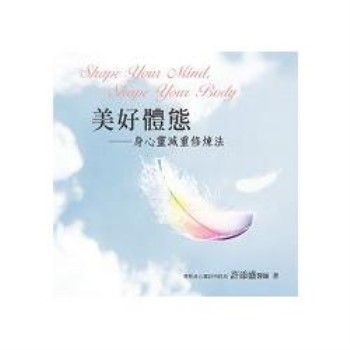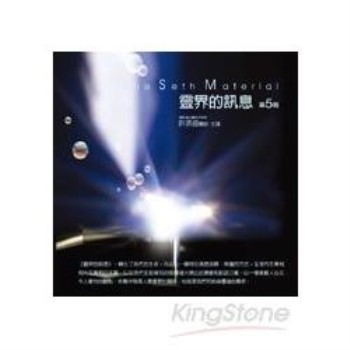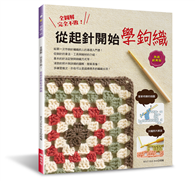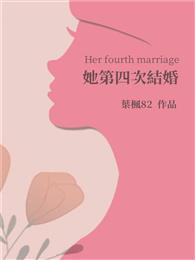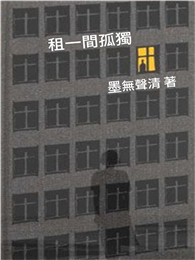無人能忘的女同志經典小說
在那個網路尚未發達的時空,成了一整個世代的啟蒙之書
從此鱷魚作為同志隱身異性戀文化的鮮明隱喻
而「拉子」就是我們呼喚彼此的名字
在那個網路尚未發達的時空,成了一整個世代的啟蒙之書
從此鱷魚作為同志隱身異性戀文化的鮮明隱喻
而「拉子」就是我們呼喚彼此的名字
初版於1997年,時報文化的〈紅小說〉書系,當時的書籍封面是一隻在澡缸裡笑嘻嘻的鱷魚,多麼無邪且不具威脅性。你幾乎以為那是一本故事書。而其中濃密暴烈的情感,身為女身同性戀的青春摸索愛戀與認同,在同性戀尚未成為當代文化、文學與電影中常見重要主題,還沒有網路無邊隨手可供求知交友取暖,還沒有已出櫃名人或You Tuber可認同的時代,你還不知道艾倫‧狄珍妮絲或蔡康永,一切如此壓抑隱晦,尤其是華人世界,直到《鱷魚手記》在你的心裡安靜炸裂。
然而這部小說重要的,不只是在華人文學重要的性別刻痕。NYRB (New York Review Books) Classics在《鱷魚手記》出版20週年的此時,發行了英譯版《Notes of a Crocodile》,這個翻譯計劃更獲得美國PEN基金會評選贊助。NYRB是美國重要的知識性出版社,在文化各領域都有一流的專家投入資源與心力,因此擁有極為敏銳的選書嗅覺,以及高標準編譯能力,觸角擴及世界各個國家之中,具有開創性的思想家、作者以及重要議題。
於是讓我們回到1990年的台灣,台北。
也許你是第一次,或者和這些人物久別重逢。
拉子,水伶,楚狂,夢生,吞吞……
在校園,社辦,暫租的房間裡,
青春成長,掙扎戀愛,勇敢痴狂。
The English-language premiere of Qiu Miaojin's coming-of-age novel about queer teenagers in Taiwan, a cult classic in China and winner of the 1995 China Times Literature Award.
An NYRB Classics Original
Set in the post-martial-law era of late-1980s Taipei, Notes of a Crocodile is a coming-of-age story of queer misfits discovering love, friendship, and artistic affinity while hardly studying at Taiwan’s most prestigious university. Told through the eyes of an anonymous lesbian narrator nicknamed Lazi, this cult classic is a postmodern pastiche of diaries, vignettes, mash notes, aphorisms, exegesis, and satire by an incisive prose stylist and major countercultural figure.
Afflicted by her fatalistic attraction to Shui Ling, an older woman, Lazi turns for support to a circle of friends that includes a rich kid turned criminal and his troubled, self-destructive gay lover, as well as a bored, mischievous overachiever and her alluring slacker artist girlfriend.
Illustrating a process of liberation from the strictures of gender through radical self-inquiry, Notes of a Crocodile is a poignant masterpiece of social defiance by a singular voice in contemporary Chinese literature.
Review
"Billed as a cult classic and crafted with a unique mix of notes, diary entries, short scenes, and satire, this updated translation will shed more light on the work of a renowned but little-known author." —Sara Novic, Elle
"Miaojin's willingness to show youth at its most self-absorbed and earnest is part of the book's appeal. Most readers—perhaps especially those who identify as LGBTQ—will see themselves somewhere in Lazi's agonized social circle. But Miaojin also reminds her readers at every turn how truly isolating otherness can be...A meandering, but moving, look at queer identity.” —Kirkus Reviews
"Despite a short life, Qiu Miaojin has left behind a notable legacy in contemporary Chinese literature. Her writings, along with her tragic death, have shed new light on the predicament gays and lesbians faced in Taiwanese society.... At the heart of Qiu’s work lies the author’s recognition that the nature of passion and love intensifies human existence in both its most beautiful and its most monstrous moments." —Li-hua Ying, Professor of English, Bard College
"Qiu Miaojin...had an exceptional talent. Her voice is assertive, intellectual, witty, lyrical, and intimate...her works continue to command a huge following among college-educated lesbians in Taiwan, for she gave beautiful and soulful expression to the experiences of that community." —Tze-Lan D. Sang, Professor of Chinese literature and media studies, Michigan State University

